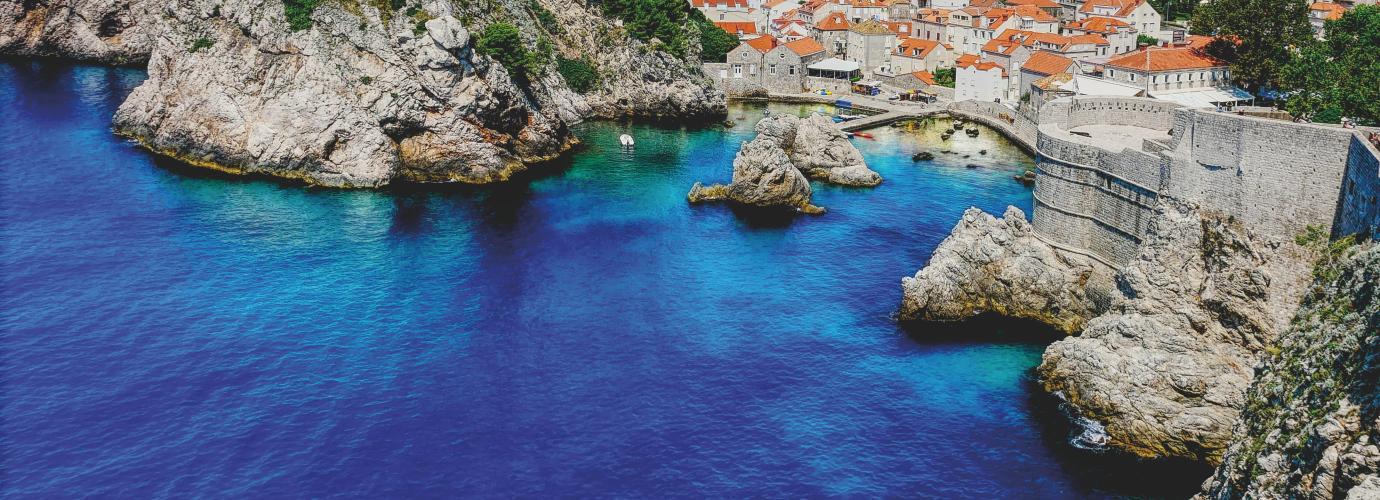Education in Croatia, the most recent member state of EU, is mainly provided by public sector. The supreme body for primary and secondary education as well as for the Universities is Ministry for science, education and sport. Primary and secondary schools are mostly state-run. Primary education consists of eight years and is compulsory for all children. Secondary education is optional. Secondary schools run by the state are also free and available for all children. Three primary and 14 secondary schools are run by Catholic, Serbian Orthodox and Muslim religious communities, but financed by the state. There are also one private primary and a number of private secondary schools. In Croatia there are seven public Universities and one private (Catholic) University. Study in Croatia is mostly financed by government, according to the planned quota of students. Major reform in high-education occurred in academic year 2005/6 when Bologna Process was implemented. Besides Universities, there are a number of private and state-run colleges.

